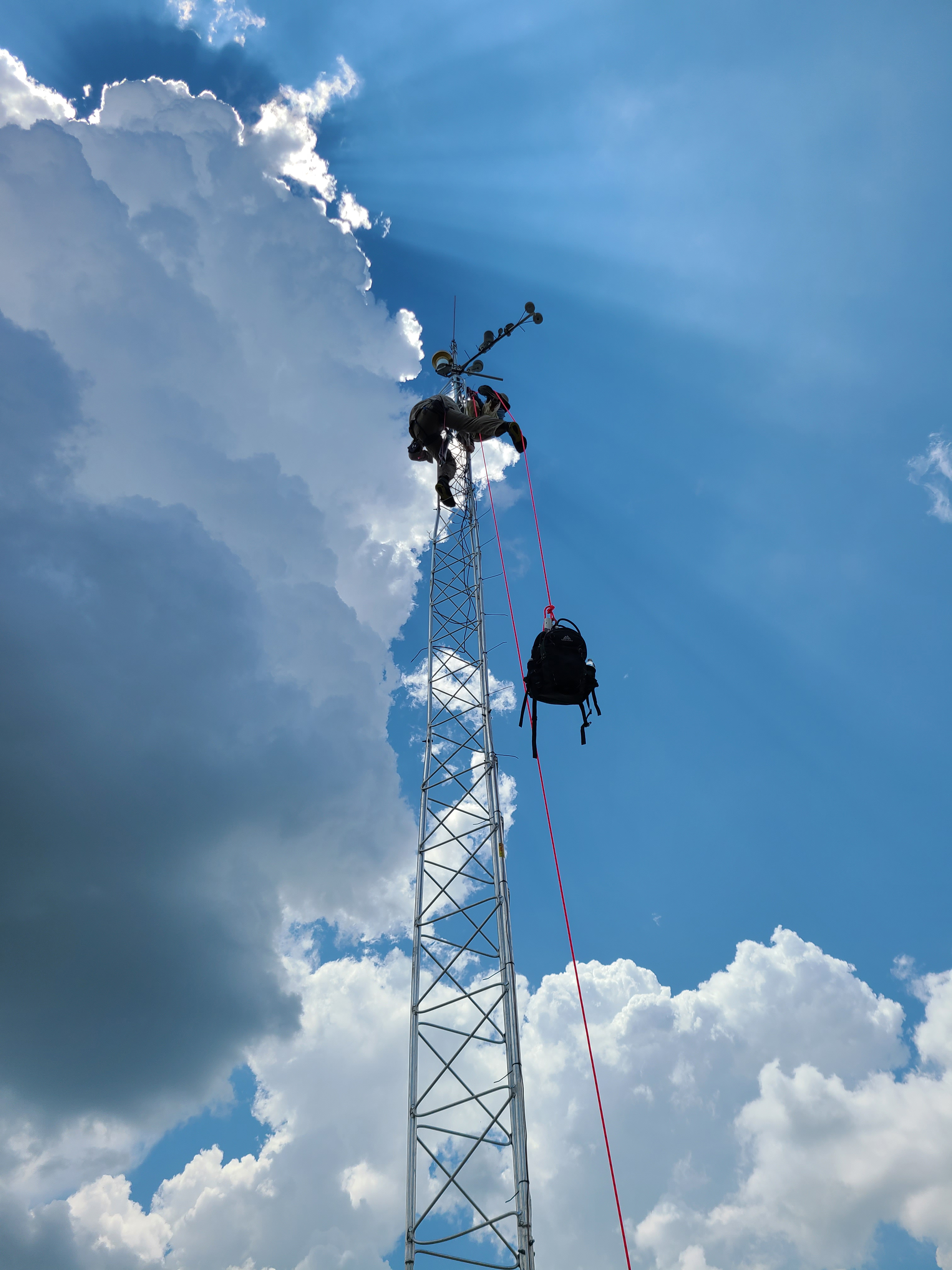Executive Summary

Geoscientists play a central role in addressing global and societal
challenges. With the critical state of our global climate and need for
reliable energy and mineral resources, water, and societal resilience to
earth processes, we must ensure that the future geoscience workforce is
prepared to meet these challenges, including 1) making the transition to
sustainable and environmentally responsible energy and food sources; and
2) forecasting and mitigating the dramatic economic and environmental
impacts from the increase in the number of detrimental weather, climate,
and oceanic events and from geohazards. Earth, Ocean, and Atmospheric
Science graduate programs must educate students to understand Earth
System Science, the complex interactions and feedback between parts of
the Earth system, and the influence of human activities in perturbing
this system. These geoscience graduate students need to develop the
skills and competencies to investigate and find solutions to these
challenges. Additionally, new expertise is required by the big data
revolution, the explosive growth in AI, and the movement toward modeling
the Earth system.
To educate and prepare the future geoscience workforce for their
critical role, the National Science Foundation sponsored this Graduate
Geoscience Education initiative to address three critical questions:
- What universal skills and competencies should be part of graduate
geoscience education for doctoral and master’s students in Earth,
Ocean, and Atmospheric Sciences to be successful in the workforce?
- What are the best means of developing these skills and competencies
in graduate geoscience programs nationally?
- What implementation strategies can department heads/chairs and
graduate program directors use to integrate these skills and
competencies into graduate programs?
Since 2018 over 300 geoscientists in the academic and employer
communities have collectively developed a vision for the future of
geoscience graduate education, inclusive of Earth, Ocean, and
Atmospheric Sciences. This report articulates that vision and identifies
strategies for transformative change in graduate geoscience education.
This vision builds on the previous NSF-sponsored undergraduate
initiative documented in the Vision and Change in the Geosciences: The
Future of Undergraduate Geoscience Education (Mosher and Keane, 2021).
We summarize the key strategic findings of the graduate effort below and
highlight recommendations documented in this report that capture the
extensive work of the community. These recommendations are comprehensive
and each department, program or institution should consider how to
appropriately implement them in the context of each institution’s
educational mission and research strengths. External stakeholders,
including employers, alumni, professional societies and funding
agencies, should consider their role helping departments accomplish
these goals. Collaboration between faculty, departments and external
stakeholders will greatly improve graduate geoscience education.
Geoscience educators have an unparalleled opportunity to capitalize on
the expanding role the geosciences play in addressing global societal
challenges and ensure the long-term health and future of geoscience
graduate programs.